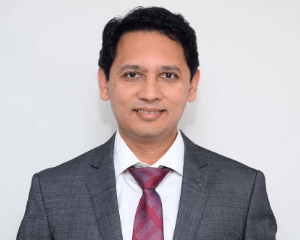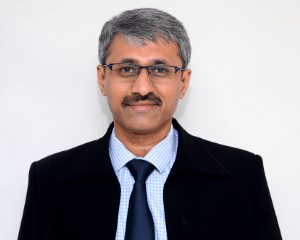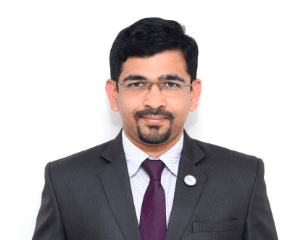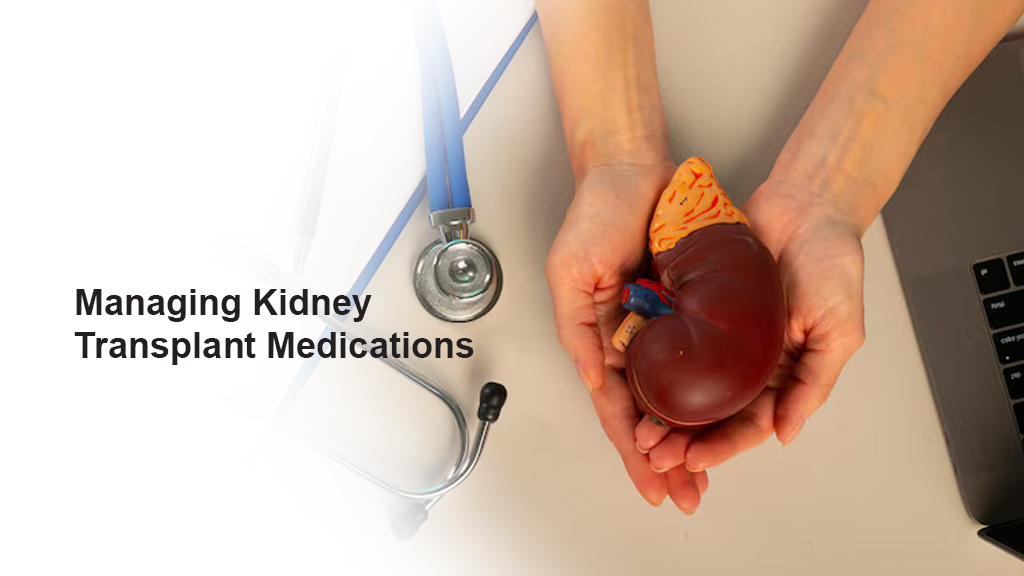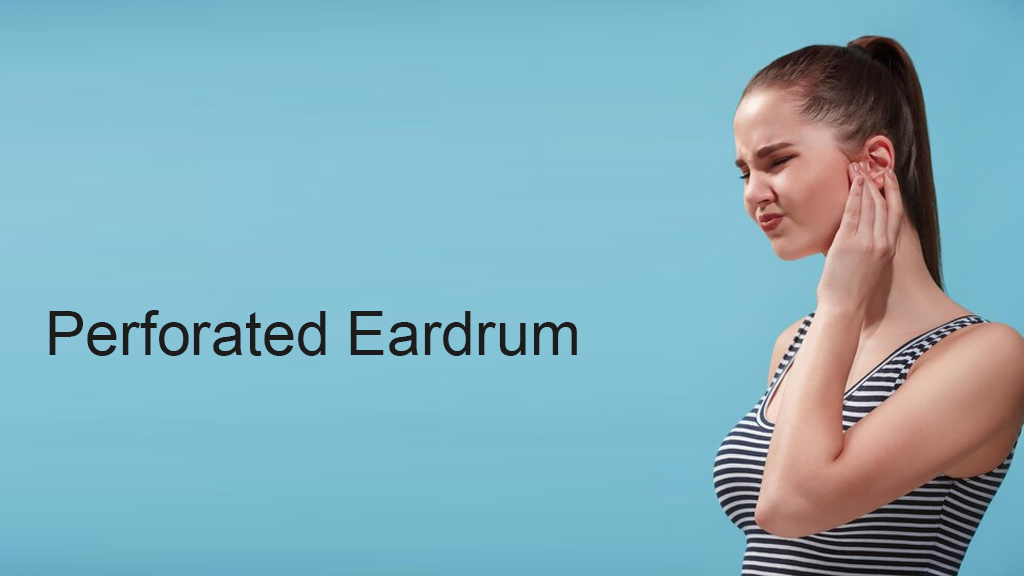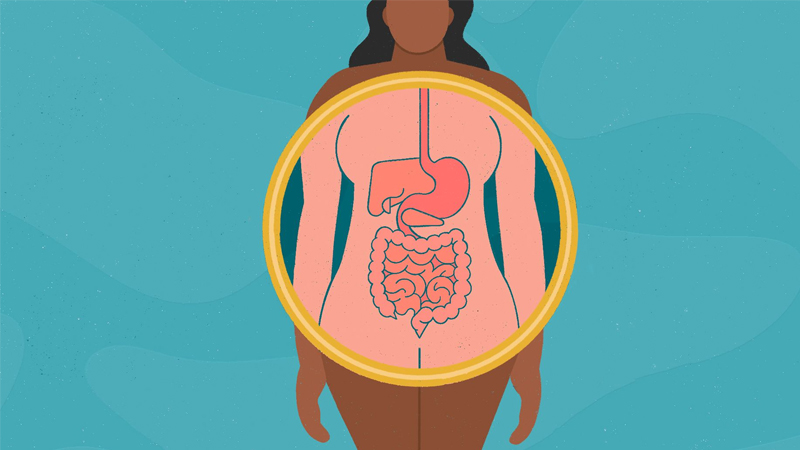Trustwell Institute of Neurosurgery - Best Neurology Hospital in Bangalore
- Home
- Center of Excellence
- Trustwell Institute of Neurosurgery
Department of Neurosurgery at Trustwell Hospitals, is an integrated institute with a dedicated team of doctors supported by the latest technology which aims to provide comprehensive and multidisciplinary care for disorders of the brain and spine. The institute has a team of highly qualified neurosurgeons, neurointerventionists, neuro-anaesthetists, and dedicated neuro critical care specialists.
The institute has dedicated centres for Brain & Spinal traumatic injury, Neurooncology,Neurovascular surgery,Paediatric neurosurgery, Endoscopic skull base surgery, Perpheral neurosurgery. The institute has specialised services and protocols for emergency & neurological trauma. Armed with cutting edge technology such as Neuromicroscope with intraoperative angiography and tumor fluorescence, Neuroendoscopy, Neuronavigation, Intraoperative imaging and Neuromonitoring systems, our specialists and trained allied healthcare professionals, focusing on minimally invasive approach deliver the best care in the best setting.
We follow established international protocols that are evidence based and individualized.
Best neurology and neurosurgery hospital in Bangalore
Trustwell Hospital's dedicated Centre of Excellence for Neurosciences, it is one of the best neurology and neurosurgery hospital in Bangalore. The Institute of Neurosurgery has a team of highly qualified neurologists and neurosurgeons.
Emergency and Neurotrauma
The skull can break, or fracture, if it is subject to a direct and forceful impact. The underlying cause of a skull fracture is a head trauma that is significant enough to break at least one bone. People with a skull fracture need treating as soon as possible
A traumatic brain injury can result when the head suddenly and violently hits an object or when an object pierces the skull and enters brain tissue. Mild injury may result in a brief change in mental state or consciousness, while severe injury may result in extended periods of unconsciousness, coma or even death. Many patients with moderate or severe head injuries are taken directly from the emergency room to the operating room and surgery is performed to remove a large hematoma or contusion that is significantly compressing the brain or raising the pressure within the skull.
A spinal cord injury is damage to the spinal cord that causes temporary or permanent changes in its function. Symptoms may include loss of muscle function, sensation, or autonomic function in the parts of the body served by the spinal cord below the level of the injury.
Neuro-oncology
A brain tumor is an abnormal growth of cells inside the brain or skull; some are benign, others malignant. Tumors can grow from the brain tissue itself (primary), or cancer from elsewhere in the body can spread to the brain (metastasis). Treatment options vary depending on the tumor type, size and location.
A skull base tumor is an abnormal growth in the part of the brain that meets the base of the skull. Most skull base tumors are benign and don't spread to other parts of the body. But even benign ones, which grow slowly, can cause serious damage
A pituitary gland tumor is a group of abnormal cells that grows out of control in your pituitary gland. Most of these tumors are not cancerous. The tumors can cause serious problems, either because of their size or because they make extra hormones that your body doesn’t need.
Tumors of the brain and spinal cord are abnormal growths of tissue found inside the skull or the bony spinal column. Tumors that originate in the brain or spinal cord are called primary tumors. Symptoms of brain tumors include headaches, seizures, nausea and vomiting, poor vision or hearing, changes in behavior, unclear thinking, and unsteadiness. Spinal cord tumor symptoms include pain, numbness, and paralysis
Brain stem glioma is a type of central nervous system tumor. This type of tumor begins when healthy cells in the brain stem change and grow out of control, forming a mass called a tumor. A tumor can be cancerous or benign.
Pediatric brain tumors are masses or growths of abnormal cells that occur in a child's brain or the tissue and structures that are near it. Many different types of pediatric brain tumors exist — some are noncancerous and some are cancerous
Peripheral nerve sheath tumor is a tumor that develops in the protective lining that covers nerves. The common symptom is often a lump or mass that increases in size, sometimes causing pain or a tingling sensation.
Neurovascular diseases
A cerebral aneurysm is a weak or thin spot on an artery in the brain that balloons or bulges out and fills with blood. The bulging aneurysm can put pressure on the nerves or brain tissue. It may also burst or rupture, spilling blood into the surrounding tissue. A ruptured aneurysm can cause serious health problems such as hemorrhagic stroke, brain damage, coma, and even death
A brain arteriovenous malformation (AVM) is a tangle of abnormal blood vessels connecting arteries and veins in the brain. A brain AVM disrupts this vital process. An arteriovenous malformation can develop anywhere in your body but occurs most often in the brain or spine.The cause of AVMs is not clear. Most people are born with them, but they can occasionally form later in life.
Thrombolytic medicines are approved for the emergency treatment of stroke and heart attack. The most commonly used drug for thrombolytic therapy is tissue plasminogen activator
Cerebrovascular disease includes stroke, carotid stenosis, vertebral stenosis and intracranial stenosis, aneurysms, and vascular malformations. Restrictions in blood flow may occur from vessel narrowing clot formation,blockage or blood vessel rupture.
In carotid stenting, a long, hollow catheter is threaded through the arteries to the narrowed carotid artery in the neck. A metal mesh tube (stent) is inserted into the vessel to serve as a scaffold that helps prevent the artery from narrowing again.
Cerebral venous thrombosis (CVT) is a blood clot of a cerebral vein in the brain. This vein is responsible for draining blood from the brain. If blood collects in this vein, it will begin to leak into brain tissues and cause a hemorrhage or severe brain swelling
Functional neurosurgery
Spinal degeneration
Spondylolysis is the most common cause of isthmic spondylolisthesis, in which one vertebral body is slipped forward over another. Isthmic spondylolisthesis is the most common cause of back pain in adolescents; however, most adolescents with spondylolisthesis do not actually experience any symptoms or pain. Cases of either neurological deficits or paralysis are exceedingly rare, and for the most part it is not a dangerous condition. The most common symptom is back and/or leg pain that limits a patient's activity level.
A herniated disk refers to a problem with cushions (disks) that sit between the individual bones (vertebrae) that stack to make your spine. A herniated disk occurs when some of the nucleus pushes out through a tear in the annulus. A herniated disk, which can occur in any part of the spine, can irritate a nearby nerve. Depending on where the herniated disk is, it can result in pain, numbness or weakness in an arm or leg.
A lumbar facet joint block is an injection of local anesthetic into one or more of the small joints located along the side of each vertebrae on both sides of the spine in the lower part of the back. The major indications for facet injections include strong clinical suspicion of the facet syndrome, focal tenderness over the facet joints, low back pain with normal radiological findings, postlaminectomy syndrome with no evidence of arachnoiditis or recurrent disc disease
Epidural nerve blocks are corticosteroid injections which are used to decrease pain and inflammation caused by a herniated disc, sciatica, or spinal stenosis. Epidural nerve block treatments safely offer substantial pain relief without surgery. Epidural nerve blocks may be used to treat: Herniated Disc.
Minimally invasive keyhole and endoscopic surgery is now possible for most brain and skull base tumors. Keyhole surgery is the concept of safely removing brain & skull base tumors through smaller, more precise openings that minimize collateral damage to surrounding scalp, brain, blood vessels, and nerves.
Endoscopic Spine Surgery is a state-of-the-art minimally-invasive spine surgery system that has revolutionized the treatment of back and neck disorders. It utilizes small tubes through millimeter long skin cuts, assisted with a high-definition camera, called Endoscope.
Paediatric neurosurgery
Hydrocephalus. Hydrocephalus is a buildup of fluid in the brain, or more precisely, cerebrospinal fluid in the ventricular system, which causes potentially damaging increased pressure in the head. Most children who have it are born with it.
Split spinal cord malformation (SSCM) is a rare form of spinal dysraphism in which a person is born with splitting, or duplication , of the spinal cord. It may be characterized by complete or incomplete division of the spinal cord, resulting in two 'hemicords
Craniosynostosis is a birth defect in which the bones in a baby's skull join together too early. This happens before the baby's brain is fully formed. As the baby's brain grows, the skull can become more misshapen.
- Intraoperative 3T MRI facility
- Intraoperative neurophysiological monitoring and electrocorticographical mapping
- Neuroendoscope
- Spinal Endoscope
- State of the art 3D Neuromicroscop
- Stereotactic Frame
- Neuronavigation- Computer assisted Surgery
- Microscopic spine surgery
- Neuro-oncology
- Endoscopic skull base surgery
- Polytrauma and head injury
Online Appointment Request
With our Neuro Doctor’s – You are in Experienced Hands. When you book an appointment with us, you get the assurance of best Doctors in Bangalore, supported by the latest technology and a world class service.
Specialization and Expertise
Our Team of Neuroscience Specialists and Neuro Surgeons
What Our Patient's Say About Us - Best Neurology Hospital and Neuro surgeon in Bangalore
Blogs
Healthcare blogs by Trustwell Hospital Consultants to educate the patients on all aspects of lifestyle and common diseases
Understanding Liver Transplantation: Who Needs It and Why?
Understanding Liver Transplantation: Who Needs It and Why? Read More »
Managing Kidney Transplant Medications: Tips for Success
Managing Kidney Transplant Medications: Tips for Success Read More »
Perforated Eardrum
Bladder Health Awareness
Digestive Disorders: Symptoms, Causes & Treatment Options
Digestive Disorders: Symptoms, Causes & Treatment Options Read More »
